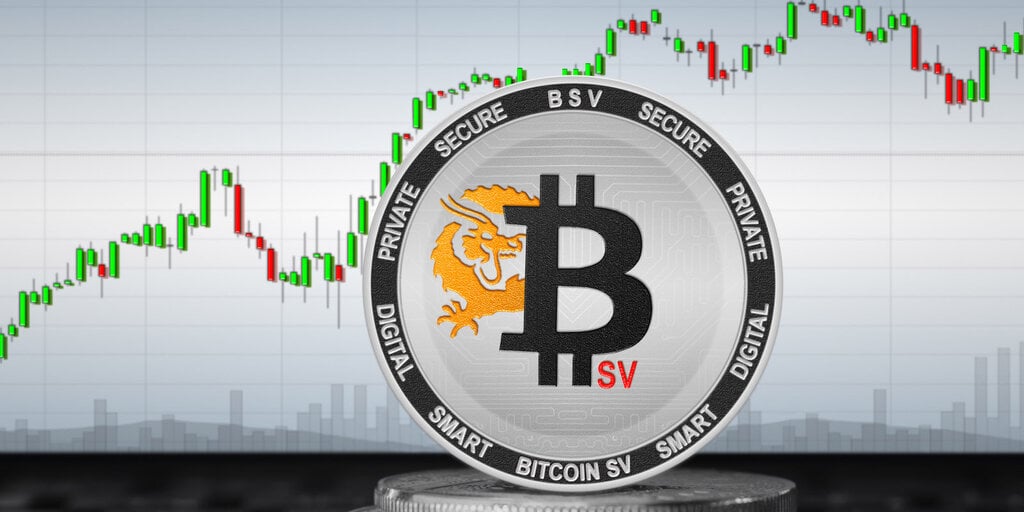In Brief
- Investors in Bitcoin SV are asking for their claim regarding the “forgone growth effect” to be reinstated against Binance, citing losses exceeding $13 billion due to BSV’s delisting in 2019.
- The Competition Appeal Tribunal previously dismissed this claim, stating most investors could have reduced their losses by trading BSV for other cryptocurrencies.
- This situation is part of a larger class action involving various exchanges that delisted BSV, which has been complicated by allegations that BSV’s creator, Craig Wright, falsely claimed to be the original Bitcoin founder.
A group of investors in Bitcoin SV (BSV) has appealed to the UK Court of Appeal to have their claim reinstated. They argue that Binance’s decision to delist BSV in April 2019 caused them to miss out on significant potential value growth.
In a ruling from July 2024, the Competition Appeal Tribunal struck down part of the group’s complaint, which claimed that the delisting resulted in a “forgone growth effect” that hindered BSV from becoming a leading cryptocurrency.
This specific claim would provide an avenue for substantial financial penalties against Binance, estimated at over $13 billion, based on the growth BSV could have achieved comparable to Bitcoin’s value in July 2022 when the complaint was initially filed.
During the appeal, the representatives for the BSV investors contended that their argument on “loss of chance” should be considered in court due to the ongoing depreciation in BSV’s value. John Wardell KC stated, “Due to the delisting, there has been continuous damage; without it, BSV would have ranked as a top-tier currency like Bitcoin.”
The tribunal ruled in 2024 that the market mitigation rule was applicable, meaning most BSV holders likely recognized the delisting and could have traded their assets for alternatives. The tribunal noted, “Evidence available suggests most BSV holders could have remained sufficiently aware to comply with the market mitigation rule.”
Lawyers for the investors argue that the market mitigation rule should not apply as they couldn’t effectively reduce their losses by switching to other cryptocurrencies. Wardell emphasized, “If an asset cannot generate sufficient funds, there’s no obligation to mitigate losses.”



